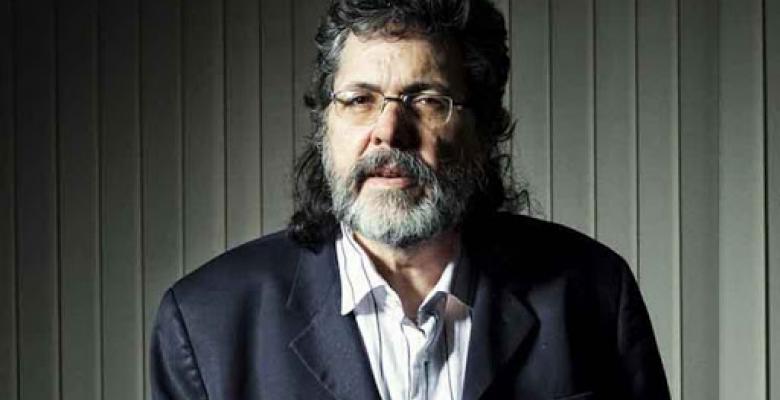Abel Prieto on the Sao Paolo Forum: Former Cuba’s Minister of Culture reveals left-wing handicaps (Part II)
especiales

Thirty years after the foundation of the Sao Paolo Forum, the president of Cuba’s Casa de las Américas, Abel Prieto Jiménez, reflects upon what the goals of Latin American and the Caribbean intellectuals should be, as part of the progressive forces in the region.
In times when the Right has regained the political power in several Latin American nations, Abel Prieto, who served as Minister of Culture in Cuba twice, draws attention to the challenges of the cultural war in groups fighting the neoliberal hegemony.
What is the role of the Sao Paolo Forum’s revolutionary intelligentsia against the cultural war?
They have to achieve what we got here in Cuba. Cuba achieved a very close relation between its political leaders and its intelligentsia. It blossomed in Cuba since Fidel Castro’s words to the intellectuals back in 1961. And I strongly believe it feels the same way today.
We have the Union of Writers and Artists of Cuba, avant-garde organization in the field of aesthetics, intelligentsia, the creative world and at the same time, in the field of ideas, inextricably linked to the political vanguard.
We need to fix this in our region. It is paramount. Culture is not collateral. Believing so is a huge mistake. Culture is much more than entertaining, much more than a musical boom — as some people say. It is NOT: culture is not a musical boom nor the entertaining moment in a cultural event. Culture has to be part of the core of any serious debate about the future of the world.
It is a very important goal that has become, luckily, a top priority for the Sao Paolo Forum. It is really awesome that all these processes can be subjected to a thorough assessment from the cultural approach. Culture goes beyond current politics. Current politics are one thing and culture another. What Fidel, Raúl, the the Centennial Generation, and the forces that toppled Batista did was precisely spreading culture.
Cuba had been influenced by McCarthyism in the 1950s; by the anti-Communist propaganda that people read in Yankee’s magazines and TV programs; by all that demonization of the Soviet Union, the socialist bloc. Anti-Communism was strongly embedded here in this country. And all of a sudden, when Fidel urged masses to fight against the Invasion of Bay of Pigs, he did on behalf of socialism.
In just a few months, Fidel made people see social equity, real participatory democracy, fighting against monopolies, large estates, and sharing the land were really feasible by putting into effect concrete actions. When Fidel spoke about a Socialist Revolution — made right under the nose of the United States —, which had to be defended, the people went to defend it and risked their own lives to fight for ideas that might have sounded evil at another time, taking into account the media system, especially that of the United States and Western nations.
The cultural war in Cuba was headed by Fidel. And it was decisive. Later, when the so-called real Socialism in Eastern Europe collapsed and the Soviet Union fell apart, we were suddenly left alone in a world where the market would prevail, as it was linked to freedom. All that demagoguery, in the early 1990s, was horrible. And Cuba was cornered, alone.
Then, Fidel mobilized the cultural forces belonging to the Cuban resistance, as President Díaz-Canel is doing today amid these circumstances. He is mobilizing forces within the ideological and political resistance.
It has proven to be essential for the survival of Cuba and Venezuela. It has been absolutely brilliant. Commander Chávez owned an extraordinary influence, in ideological and political terms, on the Venezuelan people, who were subjected to every possible media campaigns. And they still are.
It is very important that the Sao Paolo Forum keeps giving priority to this cultural war, which is a war of symbols as well.
Translated by Sergio A. Paneque Díaz / CubaSí Translation Staff













Add new comment